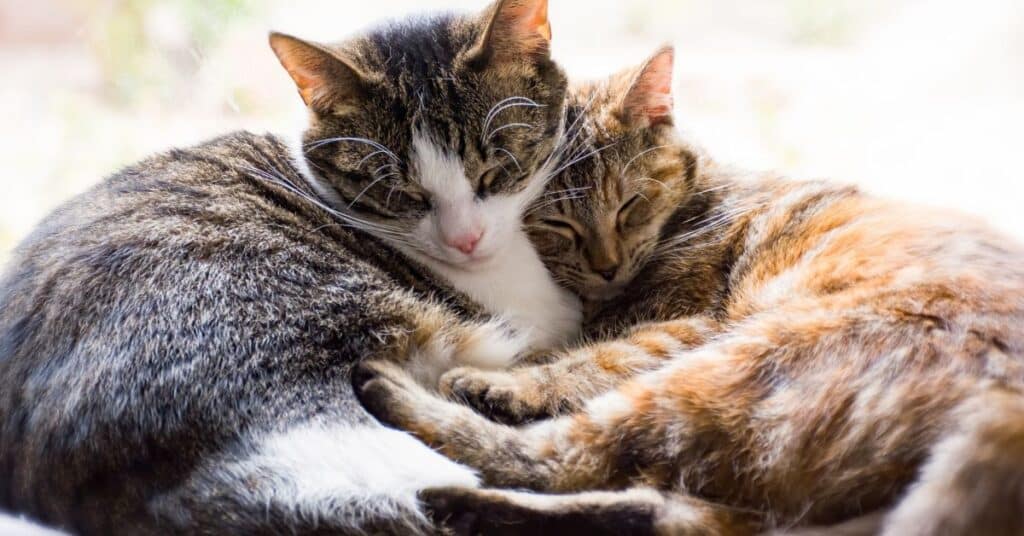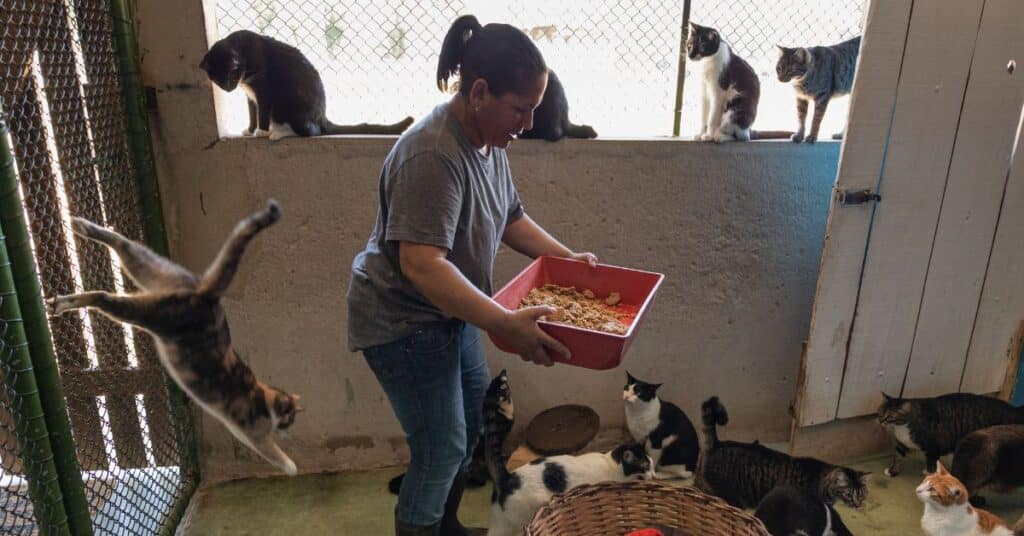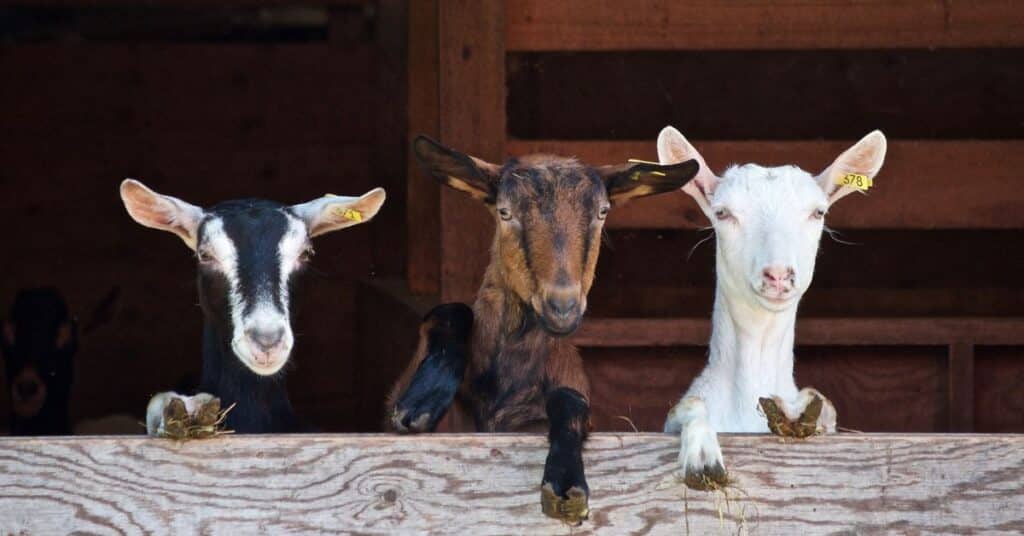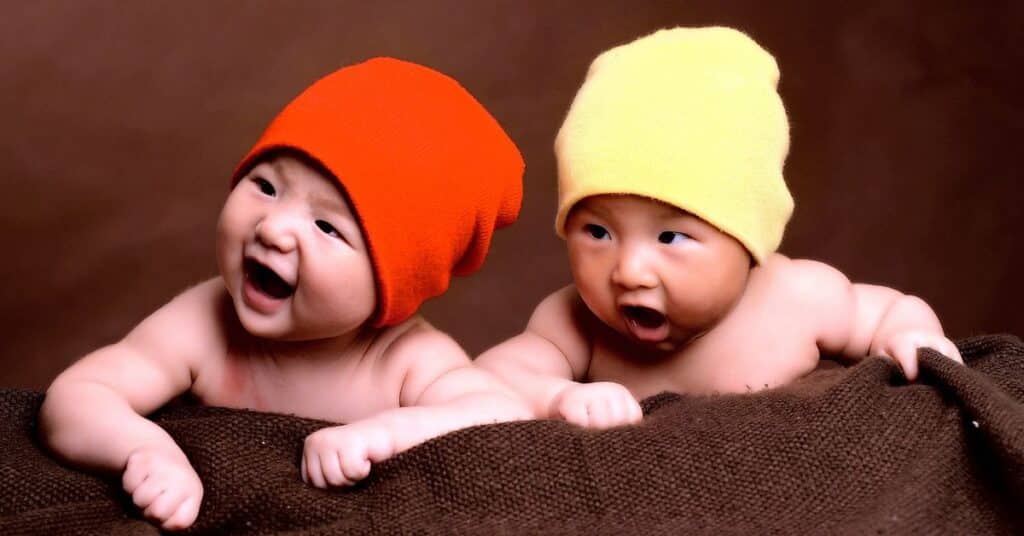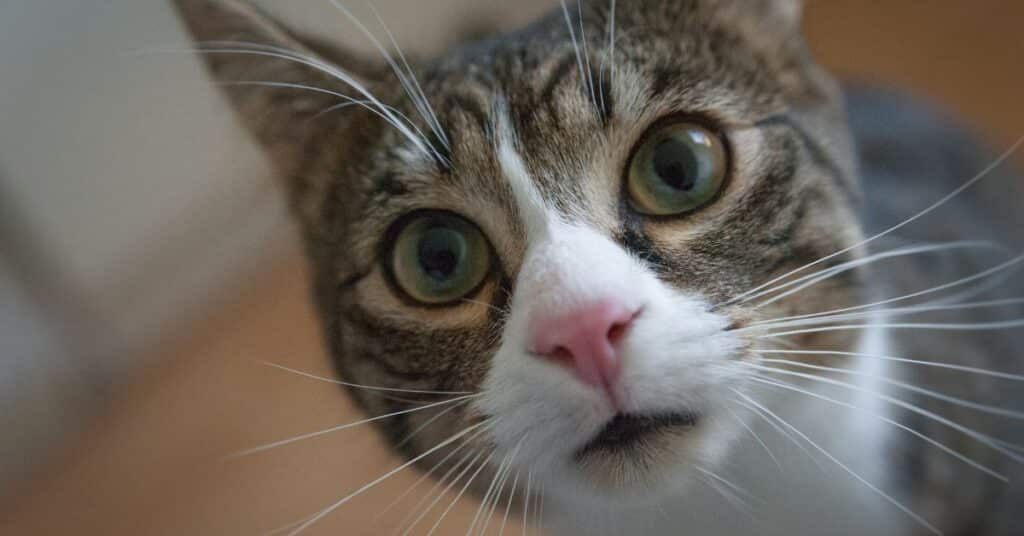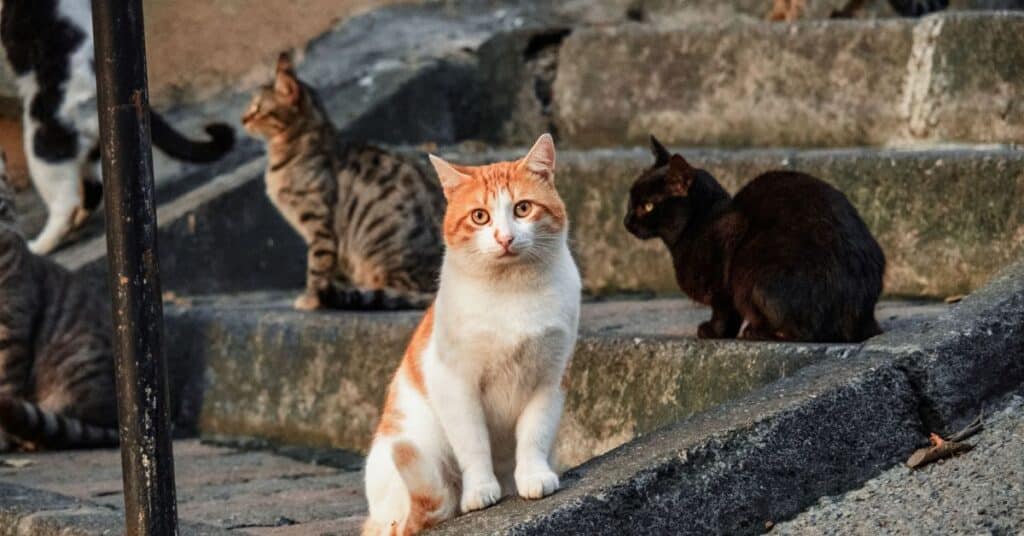Veterinarian Shares Perfect Response to Criticism of Allowing Cats on Furniture
When people get a dog, they expect it to bark, beg for human food, and require regular walks. Yet, some people are surprised when their cats engage in natural behaviors, like climbing on furniture or scratching at tables. This confusion often arises despite these behaviors being completely normal for felines. Cat lovers, who adjust their lives to meet the needs of their beloved pets, understand that these behaviors are just […]
Veterinarian Shares Perfect Response to Criticism of Allowing Cats on Furniture Read Post »
 Skip to content
Skip to content
